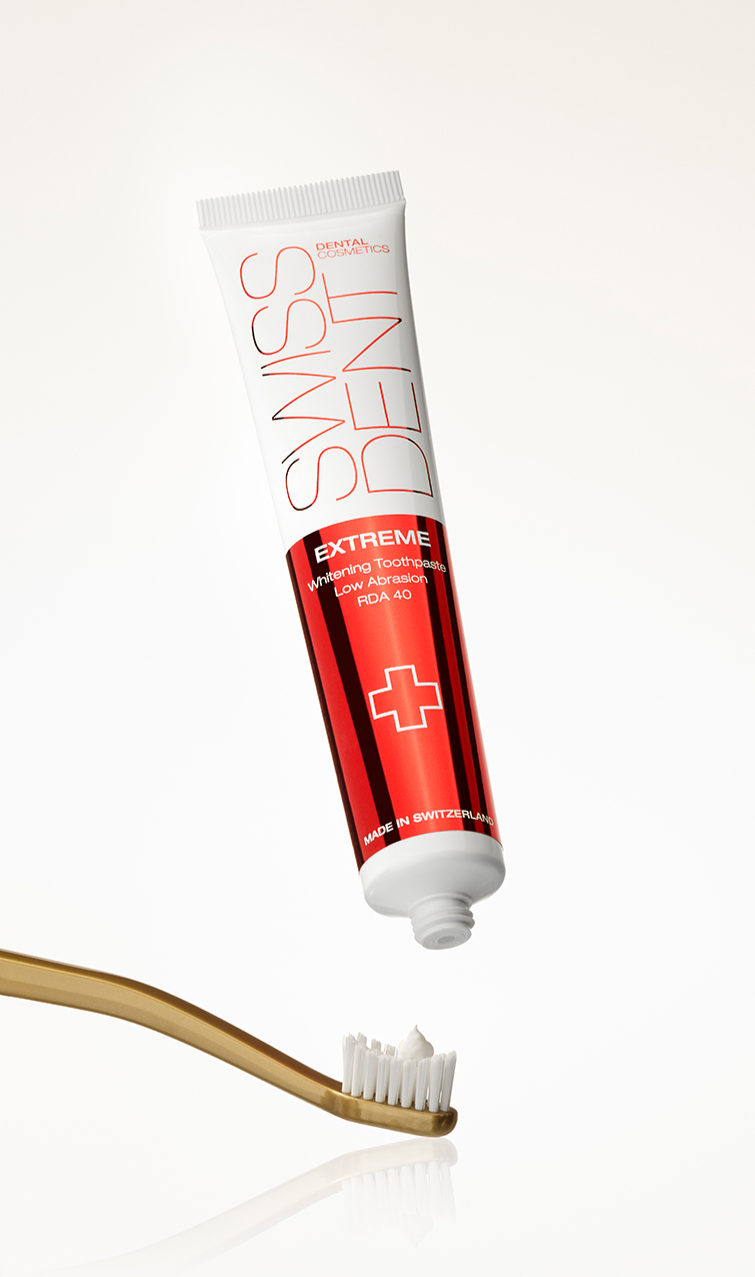A four-step guide to proper dental hygiene
- Dec 19, 2023
- 2 min read
You have to grudgingly acknowledge it: We often brush our teeth in ignorance. Until now.
Mouthwash has to taste good?
Admittedly: People use mouthwash much more often if it tastes good. Some remind us of liquorice in colour and fragrance, others of mint or sage. They leave a pleasant feeling of freshness in the mouth, but in most cases, there is also something else: mouthwashes that are strongly coloured may look good on the bathroom shelf, but less so on the teeth. The colour draws a grey veil over the teeth and the pleasant freshness effect is overshadowed by unclean-looking teeth. Much better: choose clear mouthwashes with a discreet taste!
What does toothpaste have to be able to do?
It is white, smells fresh and foams nicely. The typical toothpaste has all these attributes. However, foam, which has always been a symbol of cleanliness, can have the opposite effect: The white bubbles or the ingredients that produce them can lead to irritation on the mucous membrane, even accompanied by unpleasant inflammation, so-called aphthae. Sodium lauryl sulphate (SLS) is a much-used foaming agent that can irritate sensitive oral mucosa.
Dr Hannah Selzner, dentist and medical advisor at Swissdent, emphasises: «In principle, washing-active substances are not a bad thing! However, there are serious differences in the ingredients of toothpastes. Good ingredients cost money. Well-known toothpastes have not changed their formulas for what feels like decades because toothpastes are a no-brainer. This is a great pity for the consumer, because health starts in the mouth!»

Toothbrush no matter - the main thing is electric?
Electric toothbrushes are in vogue because they are particularly easy to use. In no time at all, the teeth are clean and the issue is off the table. But is that really the case? Studies show that even electronic toothbrushes have their pitfalls. They tend to brush too briefly or too firmly. Long necks of teeth and sensitive teeth can be the result of incorrect brushing techniques. However, it is these techniques that determine whether the teeth are cleaned sufficiently and gently. A manual toothbrush that is ideally shaped helps in this respect. For example, the handle of the patented Swissdent toothbrush was modelled on a medical instrument to make it easier to use!
Any further questions?
With pleasure! You can question everything, but please ask an expert. This should primarily be a dentist, in selected cases a pharmacist. Dr Hannah Selzner sums it up: «There should only be one contact person for questions about dentistry and dental hygiene - and that doesn't mean Dr Google!»




Comments